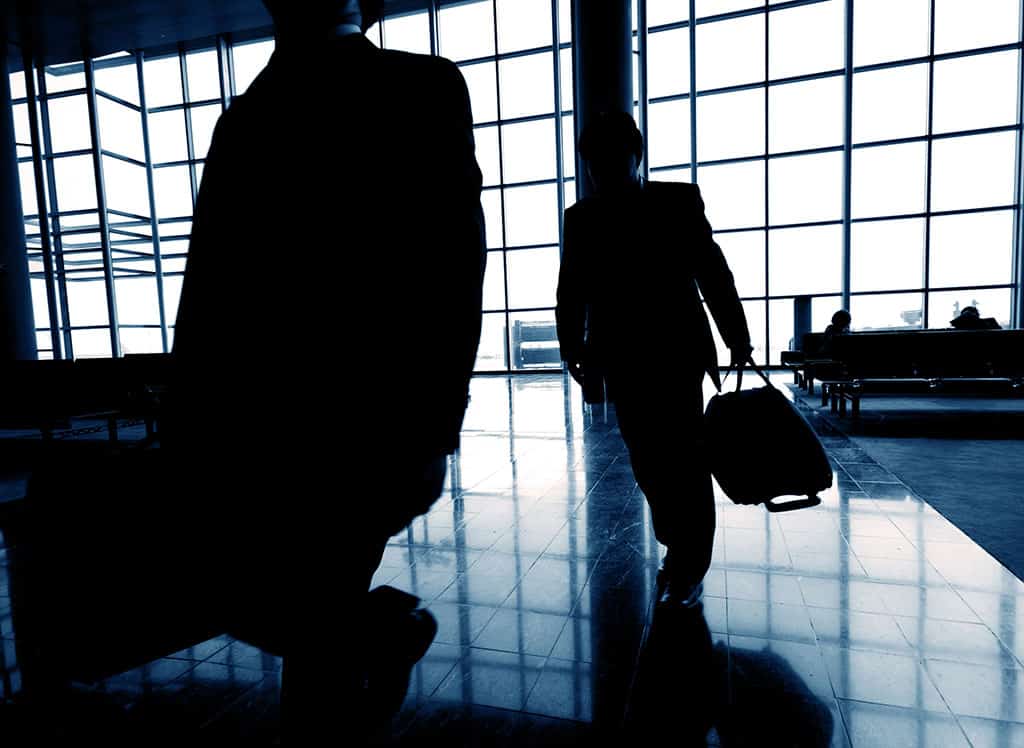7 Summer CEO Travel Tips for those on the Autism Spectrum

Summer is upon us and for those who have not travelled in over a year due to the Covid-19 pandemic, are now anxiously awaiting getting out of the home for some rest and relation. Maybe you miss those face-to-face meetings with family and friends, or maybe you just miss relaxing on the beach. Whatever the case may be, you are ready to ‘go’. For families that have individuals with Autism Spectrum Disorder (ASD) or maybe you are an individual with ASD, it is not as clear cut as picking up and going. In fact, travel can be downright stressful. So whether you are traveling by car or plane, with careful planning and preparation, even you can have smooth travels.
The Center for Disease Control defines ASD as “a developmental disability that can cause significant social, communication, and behavioural challenges.” One in 54 kids are autistic and whether your child is autistic or not, everyone knows someone with an autistic child. According to the first US Centers for Disease Control and Prevention study of autism in adults, it is estimated that 2.2 percent of Americans adults have an autism spectrum condition. That adds up to 5.4 million people age 18 and older, or about 1 in 45 people.
What is thought to be a fun trip can be made a challenging vacation
For those with autism, structure and routine are keys to comfort and security. Provide it, and life is predictable and manageable or withdraw it and your world can turn upside down. When children with autism feel stressed and anxious, they typically show their feelings through behaviors that can be nearly impossible to manage. Parents can feel overwhelmed and when you have to navigate restaurants and hotels, and find opportunities for fun with siblings, you may need a vacation from your vacation.
With these seven tips your vacation will be a success:
- Planning is key. Since routine is key for those with autism, in the weeks leading up to your trip, start by creating a detailed map or outline of what your days look like. Create a picture or word social story that details the travel process. Include pictures and descriptions of security, the terminal, the airplane, the baggage claim, if traveling by plane and so on. If traveling by car, plot out destination A, B etc. Include sensory experiences such as “ear-popping” at takeoff and landing. Review the plan as often as possible prior to departure, especially with children and this will help to increase predictability in an otherwise unfamiliar process.
- Look into your resources. Never assume you are on your own. There are others in the same boat and therefore, resources are in place to assist. According to AAA, “If you’ll be traveling by plane, the TSA Cares helpline offers travelers with disabilities, and other special circumstances extra assistance during security screenings. You need to call 72 hours before traveling with your questions about the security screening process. You can also request a passenger support specialist, fill out a TSA Disability Notification Card or apply for TSA PreCheck. When it comes to hotels, parks and other attractions, see if the location is a Certified Autism Center and consider getting a IBCCES Accessibility Card, a free resource to help individuals with cognitive disorders or physical impairments identify helpful accommodations when visiting certified attractions.”
- Participate in an airport practice run. Some local airports allow you and your child to do a practice walk-through of airport security. This may help to become familiar with the airport security process prior to the day of travel. If your airport does not allow for an actual practice run, role-playing at home is an adequate alternative. At home, taking turns and pretending that you or are a TSA officer, and the other is the person walking through security, can help to ease any autistic traveller. Again, be as detailed as possible. For example, ask them to take their shoes off if that is the policy at the airport you are going to, or jacket off, put down the electronic devices etc. The more detail, the better.
- Music can do wonders. So can Phantom of the Opera! Does the autistic traveller you are traveling with enjoy musical theatre or music in general? Then provide them with access to music and other items that will help occupy their time and keep their mind off of stress before travel. These items may include iPods, DVDs, books, special sensory toys, etc.
- Exercise prior to travel. Traveling can involve long periods of being quiet and sitting still. Exercising prior to travel can be the key to help relieve any bottled up energy. Whether it is taking a walk, running, jumping on a trampoline or even trying some jumping jacks at home, spending 20 minutes exercising can help in relaxation before the big trip.
- Don’t forget treats and eats. Don’t get so absorbed in doing all the practice runs, that you forget to pack basic necessities such as snacks, comforting reminders of home or even their favorite pillow. If the autistic traveller you are traveling with loves seashells, talk about adding a seashell to their collection or if they have a favorite toy, talk about adding that toy to their collection. This gives them something to look forward to on the trip.
- Be reasonable in length and time of stay. Finally, make sure you have set reasonable expectations for length of visit. Keep visits with family and friends a set number of hours or visits to amusement parks, beaches etc where there is a lot of activity.
Whether you are traveling by car, plane or another mode of transport this summer, starting early and is key. With a bit of advanced preparation, you will be off to a summer vacation that is heavy on fun and light on stress. Bon Voyage!
—
Written by Christine (Chris) Weiss.
Bring the best of the CEOWORLD magazine's global journalism to audiences in the United States and around the world. - Add CEOWORLD magazine to your Google News feed.
Follow CEOWORLD magazine headlines on: Google News, LinkedIn, Twitter, and Facebook.
Copyright 2025 The CEOWORLD magazine. All rights reserved. This material (and any extract from it) must not be copied, redistributed or placed on any website, without CEOWORLD magazine' prior written consent. For media queries, please contact: info@ceoworld.biz








